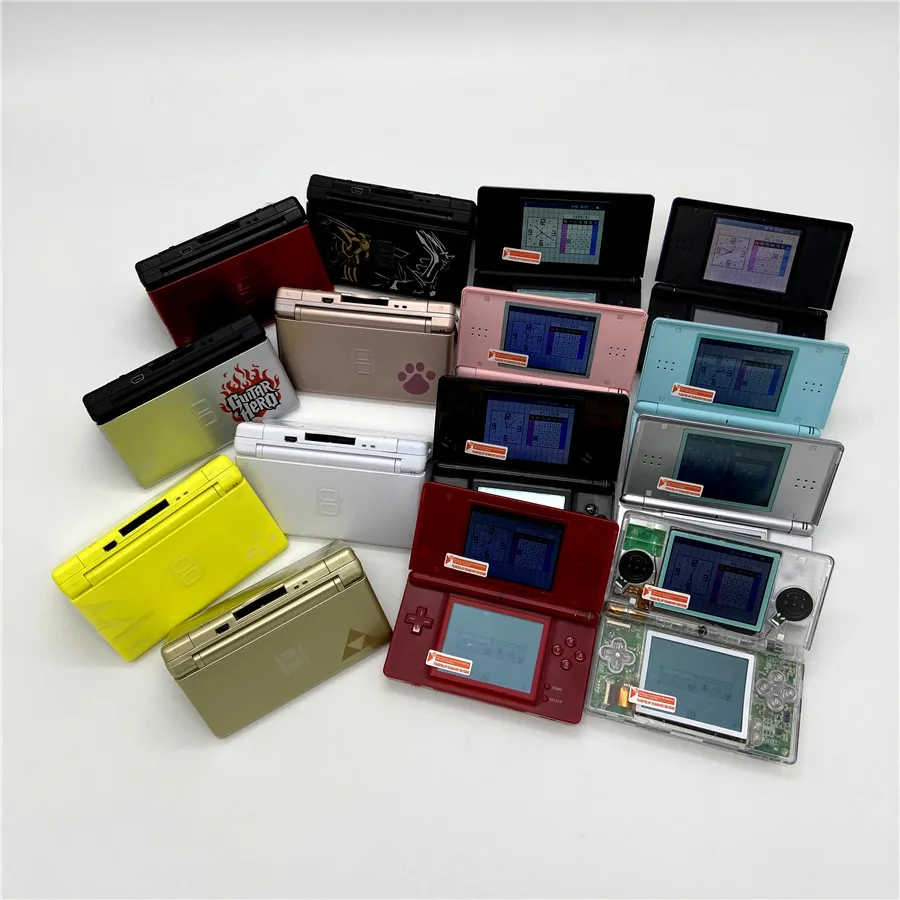Parliamo di macchine
- Grosso: Ehi Luca, che tipo di macchina[sup](1)[/sup] hai[sup](2)[/sup]?
- Toni: Ho una Ferrari blu.
- Grosso: È quella[sup](3)[/sup] lì fuori, accanto alla Volvo?
- Toni: Esatto. Di chi è la Volvo?
- Grosso: È di Legrottaglie. Per lui la cosa più importante è la sicurezza stradale.
- Legrottaglie: Ho anche ragione. Non sei d'accordo[sup](4)[/sup]?
- Toni: Ma perché la tua macchina è rosa?
- Legrottaglie: Così è impossibile non vederla.
- Grosso: Hey Luca, what kind of car do you have?
[Hey Luca, what kind of car have?] - Toni: I have a blue Ferrari.
[Have a Ferrari blue.] - Grosso: Is it the one outside, next to the Volvo?
[Is that-one there outside, next to-the Volvo?] - Toni: Exactly. Whose is the Volvo?
[Of who is the Volvo?] - Grosso: It's Legrottaglie's. To him road safety is the most important thing.
[Is of Legrottaglie. For him the thing most important is the safety road.] - Legrottaglie: I am also right. Don't you agree?
[Have also right. Non are agree?] - Toni: But why is your car pink?
[But why the your car is pink?] - Legrottaglie: This way it's impossible not to see it.
[This-way is impossible not see-it.]
- "macchina" is the most common word for car. It can also mean any other machine.
- The letter "h" is always silent.
- The pronoun "quella" is feminine. The masculine equivalent is "quello".
- d'accordo = di accordo ~ of accord / of agreement
The are two genders, masculine and feminine. Every noun is one of the two, which is made clear by the article ("a/the" in English).
- Feminine: una casa ~ a house, la casa ~ the house
- Masculine: un gol ~ a goal, il gol ~ the goal
- Masculine: uno scudetto ~ a shield, lo scudetto ~ the shield
 Buy on AliExpress.com
Buy on AliExpress.com



